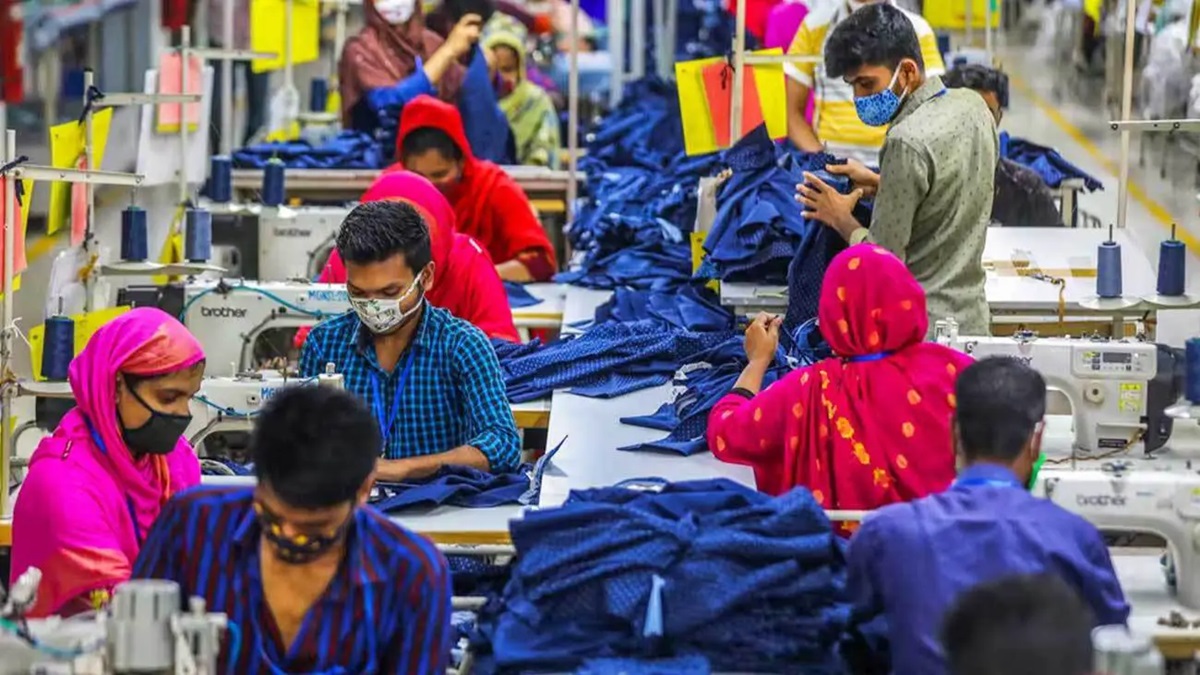Annual wage review urged for Bangladesh’s apparel workers
BY Insider Desk
February 21, 2025

Bangladesh should institutionalize an annual review of minimum wages for apparel workers to prevent a decline in real income due to high inflation, according to a policy brief by Cornell University’s Global Labor Institute (GLI).
The study, Waiting Game: Minimum Wage-Setting in Bangladesh’s Apparel Industry, highlights that the country’s five-year wage revision cycle, combined with persistent inflation, disproportionately benefits employers while eroding workers’ purchasing power.
The brief was published as Bangladesh’s new government considers significant updates to labour laws and wage policies. It offers five key recommendations, including:
Establishing an annual minimum wage review process, announcing a wage review for 2025 to reassess the 2023-set minimum wage, simplifying the minimum wage structure, ensuring that workers’ representatives in the wage board are selected by labour federations, and aligning Bangladesh’s wage-setting approach with international best practices.
The GLI’s research finds that Bangladeshi apparel workers earn significantly less in real terms than their counterparts in competing manufacturing hubs such as Vietnam, Indonesia, and Cambodia.
Employers in Bangladesh’s apparel industry have often argued that frequent wage increases would reduce competitiveness by raising labor costs in an industry that relies heavily on low-cost production. However, the GLI report disputes this, citing evidence from Vietnam, Indonesia, and Cambodia, where wage growth has coincided with industrial expansion rather than decline.
The brief also critiques international apparel brands and retailers, stating that their advocacy for fair wages has been largely ineffective. It argues that wage-setting processes in Bangladesh remain tilted in favour of employers, with the 2023 revision failing to provide meaningful wage growth for workers.
The study comes as Bangladesh’s new administration considers reforms in labor laws and wage policies. With increased international scrutiny on workers’ rights and living wages, the country faces mounting pressure to modernize its wage-setting mechanisms.
If Bangladesh adopts the proposed annual wage review system, it could help mitigate the impact of inflation, improve living standards for workers, and enhance the country’s reputation as an ethical sourcing destination for global apparel brands.
Tags:
Most Read

Electronic Health Records: Journey towards health 2.0

Making an investment-friendly Bangladesh

Bangladesh facing a strategic test

Understanding the model for success for economic zones

Bangladesh’s case for metallurgical expansion

How a quiet sector moves nations

A raw material heaven missing the export train

Automation can transform Bangladesh’s health sector

A call for a new age of AI and computing
You May Also Like
